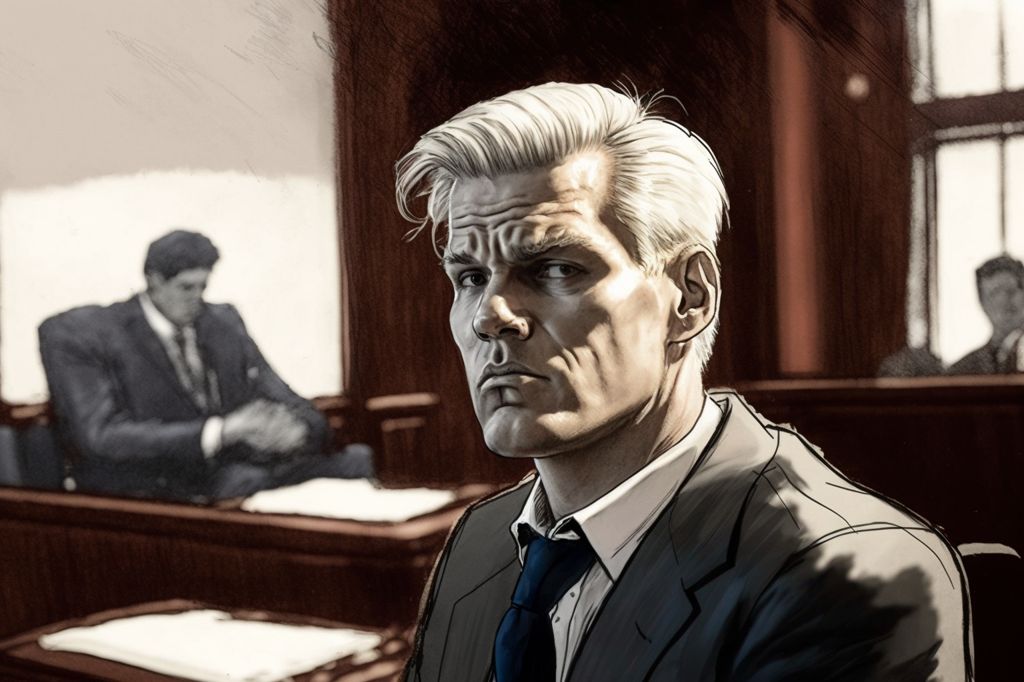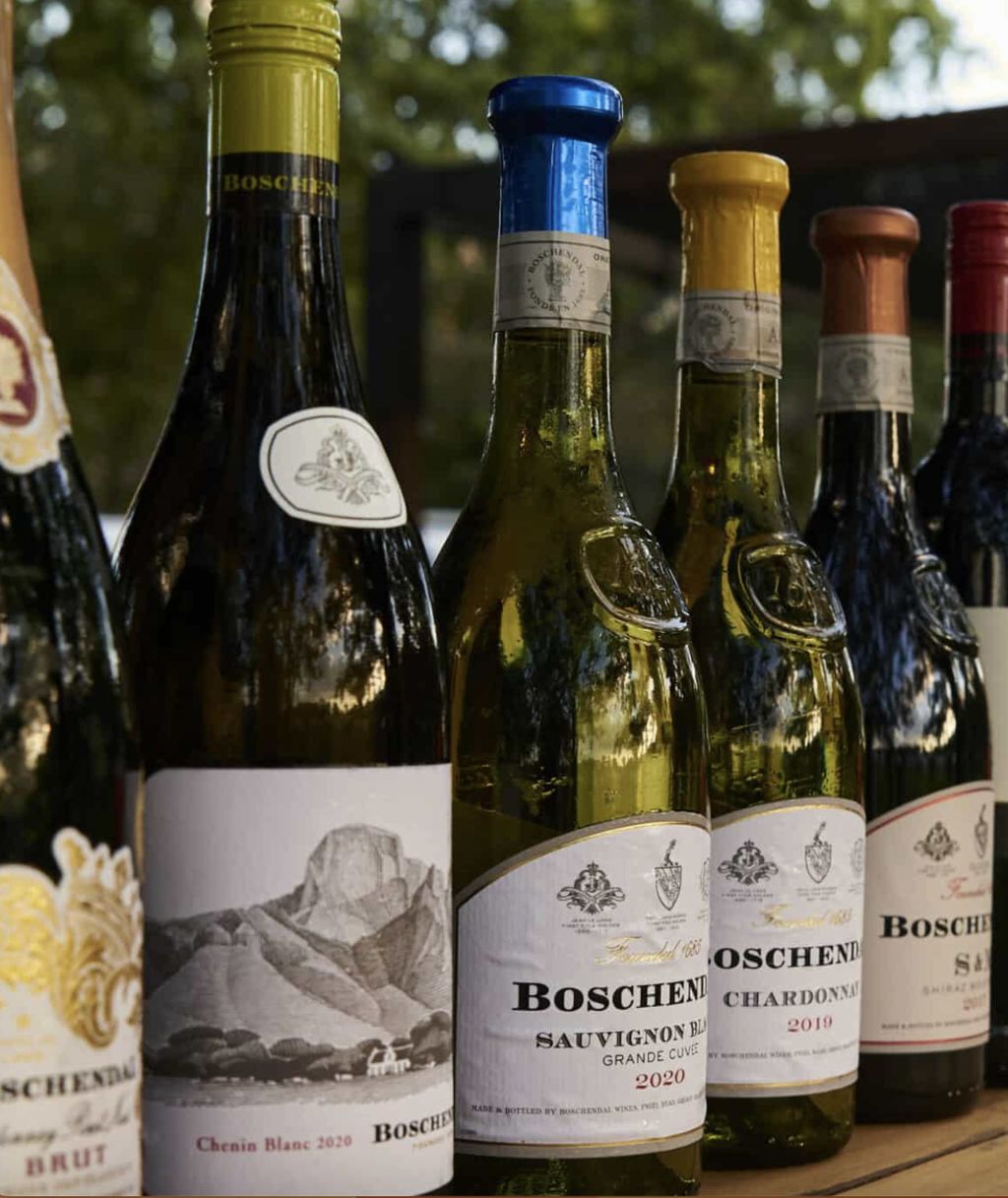Former CEO of Eskom, Andre de Ruyter, has agreed to present information to the Standing Committee on Public Accounts (Scopa) regarding allegations he made in an eNCA interview. These allegations, made on 23 February, concerned widespread corruption and fraud at the power utility, involving high ranking politicians. While De Ruyter did not provide any names, he did imply that members of the ruling party and ministers were aware of the wrongdoing but had failed to address it.
Invitation and Response
Scopa received a letter from ANC MP Bheki Hadebe, requesting that they urgently invite De Ruyter to provide more information on the allegations he raised in the interview. Scopa subsequently invited De Ruyter to engage with the committee on these issues, and received a response from him through his legal representatives, indicating that he would present a written submission and appeared before the committee at a date to be determined.
Importance of Engaging with De Ruyter
According to Scopa chairperson, Mkhuleko Hlengwa, it is important for the committee to engage with De Ruyter on these matters, in line with its constitutional mandate of holding Eskom accountable for matters relating to financial administration, including procurement of goods and services.
Allegations Raised by De Ruyter
De Ruyter’s allegations included corruption, theft, maladministration, sabotage, lack of consequence management, cartels, and other financial irregularities at Eskom. He described Eskom as a feeding trough for the ruling party and stated that the ANC was stuck in embarrassingly outdated communist ideologies.
De Ruyter’s willingness to engage with Scopa and provide information on the allegations he made in the eNCA interview is welcomed, and the committee’s decision to hold Eskom accountable for matters relating to financial administration is crucial in ensuring transparency and accountability in public institutions.








